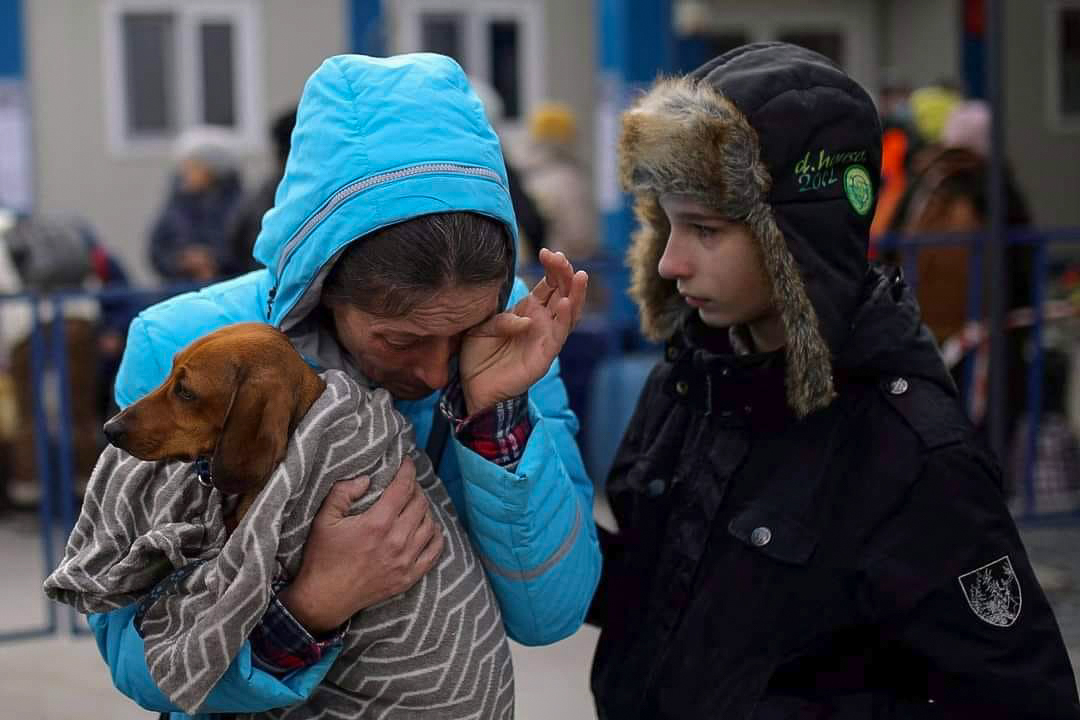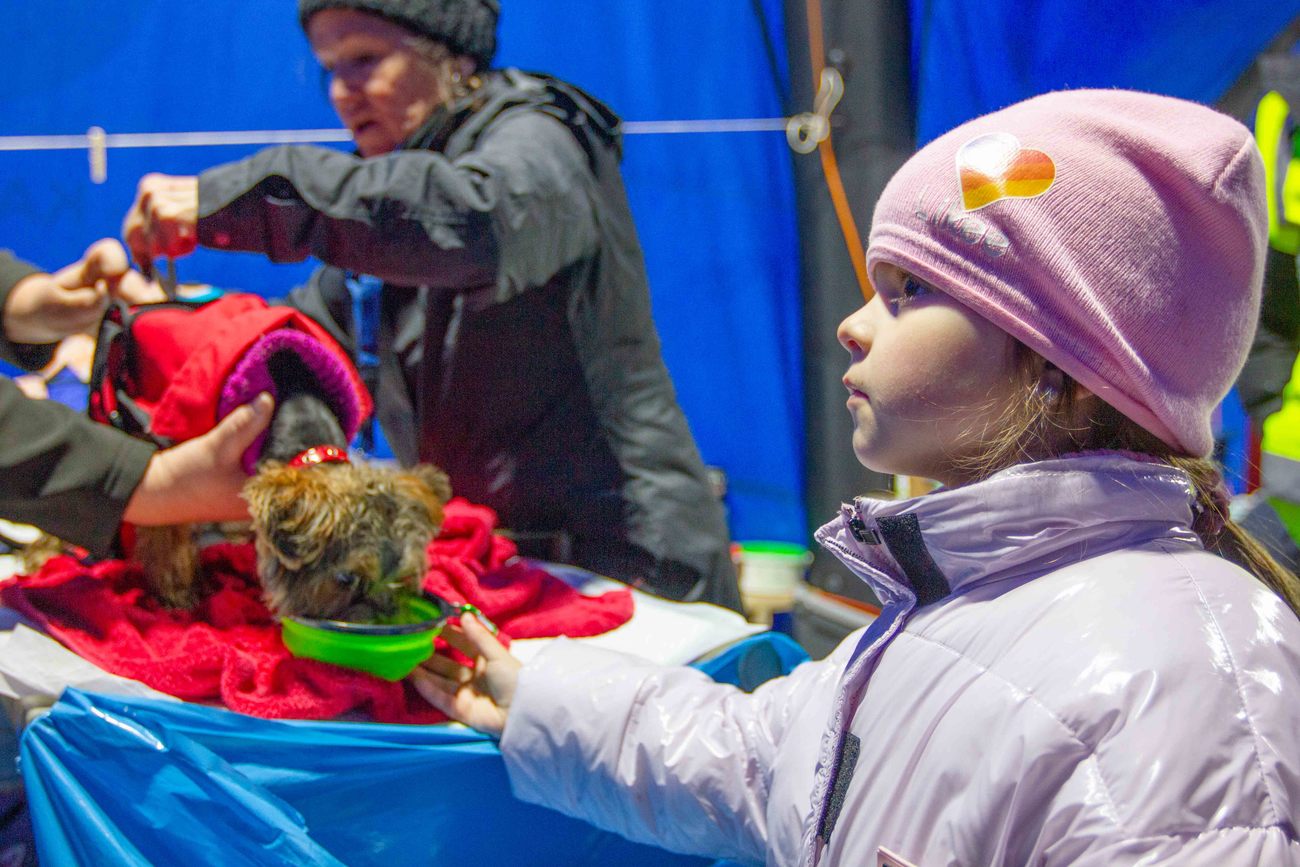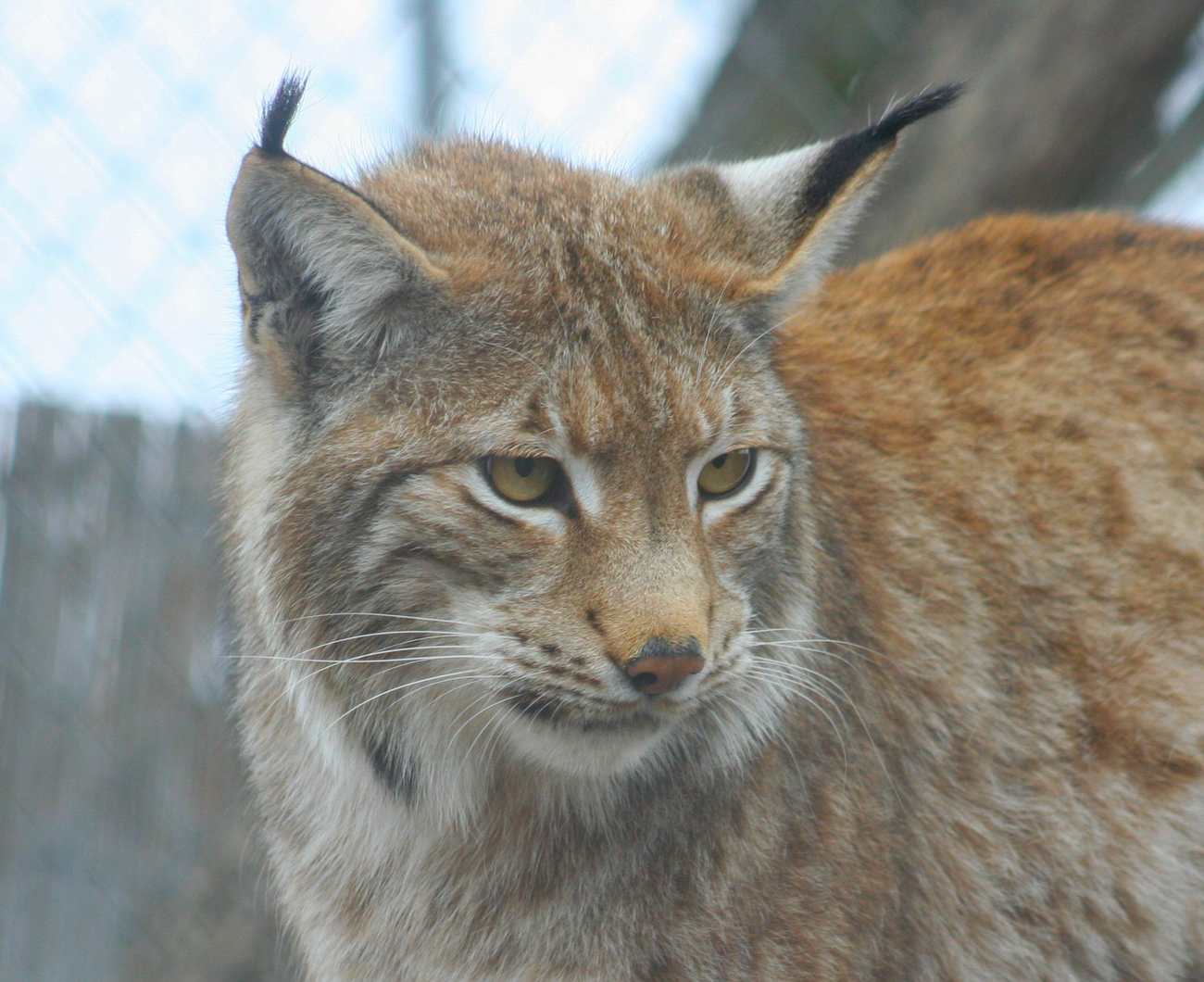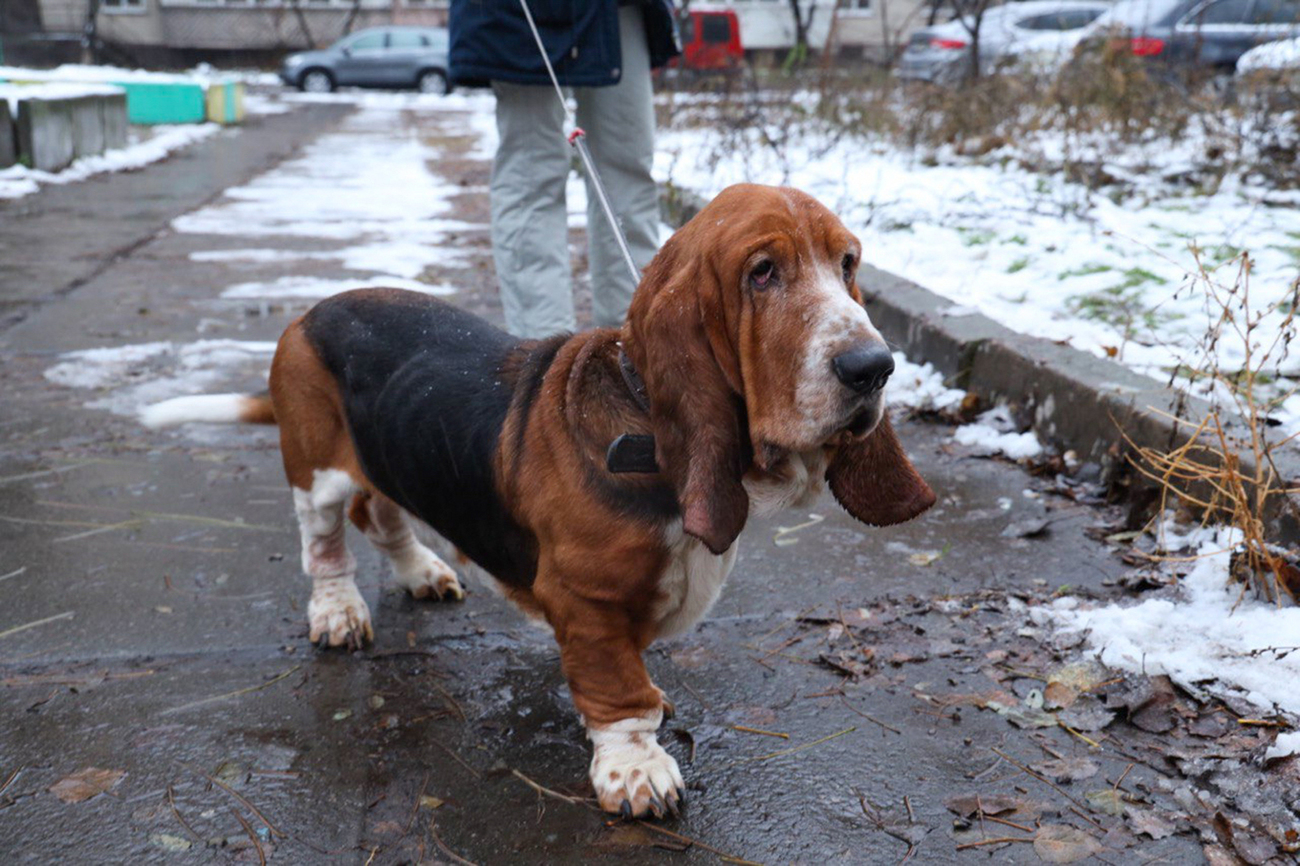Rescuing animals during disasters – Europe
Save human lives by saving animals before, during and after disastersafter 1 year of war, what’s next for animals and people in Ukraine?
after 1 year of war, what’s next for animals and people in Ukraine?

In February 2022, under intense bombing, Ukrainian families grabbed their pets and anything they could carry and fled to Poland and other neighboring countries.
When 31-year-old Alina Beskrovna and her mom escaped from the constant bombing and shelling of their home in Mariupol, a Ukrainian port city, they took their three rescue cats. People told Beskrovna to abandon her cats and run for her life, but she wouldn’t hear of it.
“Traveling with animals added to the stress of trying to survive because they had no idea why they were put through this,” she told IFAW rescue workers. “But I had heard there were rescue missions at the border focusing on animals specifically.”
Since the start of the war, IFAW’s rescue teams have been in Ukraine and on its borders helping save cats, dogs, horses, bears, bats, exotic animals, and the Ukrainian people. After one year of giving aid, the war is ongoing, and the needs of animals and people impacted by the war continue to evolve.
working together to save animals
At the border, veterinarians volunteered with IFAW to examine and vaccinate numerous animals, including Beskrovna’s three cats. She and her mom received cat carriers, cat food, a warm place to rest, and food.
“Animals are an extension of their families,” says Andrew Kushnir, a veterinarian who volunteered with IFAW. Kushnir spent several weeks volunteering at the Medyka border crossing in Poland and in Kyiv, Lviv, Kharkiv, and Odessa. “We’re helping people through animals.”

Since offering emergency aid at border crossings in Poland, IFAW has issued more than 80 grants to partners in Ukraine and neighboring countries. These funds are being used to purchase pet food and animal supplies, veterinary supplies and medicine, and for operational expenses to help keep shelters and rescue centers care for their animals.
IFAW also partnered with the Ukrainian Small Animals Veterinary Association to vaccinate and microchip 20,000 and sterilize 4,000 owned pets from displaced and resident families. The activities are currently being expanded to include several thousands of animals from local shelters, with 13 veterinary clinics participating in Kyiv, Lviv, Kharkiv, Odessa, and Dnipro.
With the arrival of winter in Ukraine, IFAW teamed up with Mykolaiv Red Cross and Nova Ukraine to provide mattresses, blankets, and insulated houses for cats and dogs, as well as food for animals of families in need and free home visits by veterinary specialists. IFAW also sent funds to the Ukrainian Equestrian Charity Foundation to supply them with hay and compound feed, saving more than 150 horses.
In addition to helping companion animals, IFAW has supported partners like Poznań Zoo and Wild Animal Rescue with the rescue, evacuation, and temporary care of wildlife, such as bears, bats, big cats (including tigers, four lion cubs, and a black leopard cub), wolves, and caracals.

the current situation in Ukraine
Today, IFAW continues to aid the Ukrainian people and their animals despite hardships on the ground. With more than 40 percent of power grids destroyed by the Russian army, electricity cuts affect the entire country, lasting between 8 and 12 hours per day and leaving millions of people without heat, light, and water. Winter temperatures plummeted as low as -15°C (5°F) in parts of Ukraine.
“The Russian army is changing their strategy from mass shelling of transportation routes to fuel deposits and energy infrastructure,” says Kateryna Kyrsta, Ukraine rescue project manager at IFAW. “We need to adapt quickly.”
The war left many people and their animals cold, hungry, and without homes. “The situation is dire,” continues Kyrsta. “Many people have let pets into their homes, but people have no jobs and without money, it is difficult for them to buy food for the animals. The situation in animal shelters is also getting worse; there is no electricity, not enough food, and many animals aren’t able to receive veterinary care.”
adapting operations and moving ahead
While food and veterinary care for companion animals and captive wildlife are a major need, equipping rehabilitation centers with fuel generators and electric batteries is also crucial. That is why IFAW has donated multiple generators to veterinary clinics in need.

To better support wild animal rescue efforts, IFAW is putting money toward the purchase of a vehicle for one of its partners to rescue captive wildlife and wounded wild animals.
IFAW is shifting from providing emergency grants to individual shelters to purchasing pet food from local manufacturers and then working with local animal welfare organizations so they can distribute the food to shelters, families, and pet volunteers, says Kyrsta. “This approach will help us maximize our capacities in delivering help to animals in need.”
Pet volunteers venture into abandoned villages and cities in Ukraine on a daily basis. They travel by foot or bicycle, sometimes bringing shopping carts filled with food and water to stray and homeless animals in need.
After one year of giving aid, the war is ongoing and IFAW must constantly adapt to tackle the changing needs on the ground, guided by one unwavering principle: Helping animals also helps those who care about them.
Related content
Every problem has a solution, every solution needs support.
The problems we face are urgent, complicated, and resistant to change. Real solutions demand creativity, hard work, and involvement from people like you.